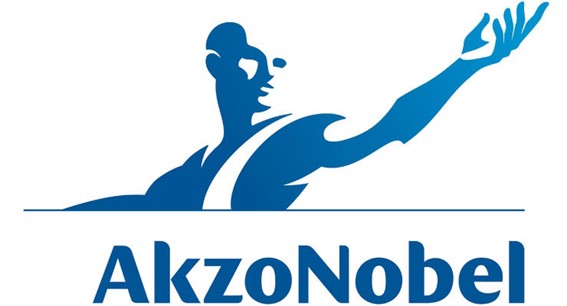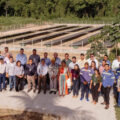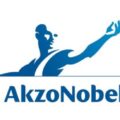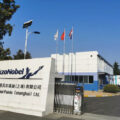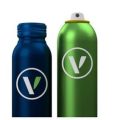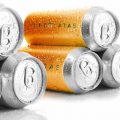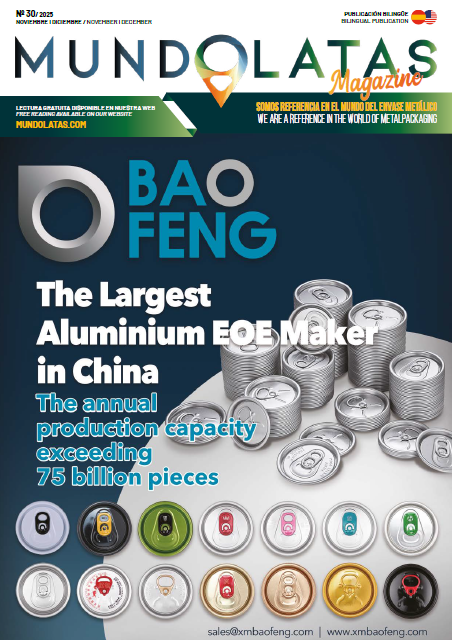AkzoNobel has decided to expand the production capacity of its powder coating plants in North America. This measure seeks to meet the growing demand for its products in the region and improve its market presence.
Paint and coatings manufacturer AkzoNobel has decided to make an investment of more than US$30 million in its four plants located in North America. The objective is to implement advanced technologies that will allow them to increase their production capacity.
The company is adding new machines, thermoplastic materials and joining methods at all of its plants located in Reading, Pennsylvania; Warsaw, Indiana; Nashville, Tennessee; and Monterrey, Mexico. This upgrade will provide multiple benefits, including increased production efficiency and the ability to develop new uses for its products.
AkzoNobel announced new enhancements to its powder coatings portfolio aimed at increasing versatility and long-term sustainable performance. These investments are in addition to other investments already made in powder manufacturing in Como, Italy, and in the multiple facilities located near Hanoi, Vietnam. All of this is aimed at supporting the company’s growth plans in Europe and Asia.
According to Jeff Jirak, head of AkzoNobel’s powder coatings business, customers are increasingly interested in sustainability, durability and performance, resulting in increased demand for these products. By investing and innovating in advanced technologies, the company positions itself as a leader in this growing market, benefiting its customers both in North America and globally.
The incorporation of novel thermoplastic materials in powder coatings will have a positive impact on different applications and overall performance. A strong bond between the pigment particles and the resin is essential for durable and visually appealing coatings, and the use of advanced extruders will allow for real-time adjustments and precise control during the extrusion process.
One of the most important advantages of powder coatings is their high durability and resistance against corrosion, chemicals and UV radiation. This resistance translates into stronger coatings, which reduces the need for maintenance and increases the service life of the coated products. Therefore, various industries such as automotive, architecture, household appliances and aerospace have increasingly opted to use powder coatings to improve the performance and longevity of their products.

